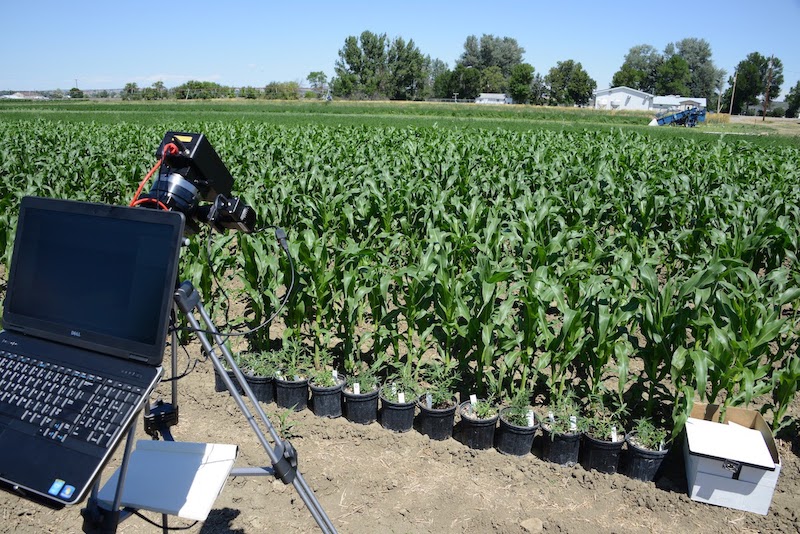MT NSF ESPCoR Research
Montana EPSCoR develops and manages integrated science and engineering projects that address Montana priorities and build new research capacity and increase research competitive for the Montana University System and partners, including Montana's 7 tribal colleges. These projects are funded through competitive Research Infrastructure Improvement (RII) awards through four different Tracks. NSF EPSCoR RII Track-1 awards are the core of Montana EPSCoR activities, currently providing $20M over 5 years. Track-1 RII awards align with state priorities developed through the Montana Science & Technology Plan with oversight from the Montana Science & Technology Committee. These RII awards build on existing research capacity and form a partnership between Montana and the NSF.
Current Montana Track-1 project (2018-2023): Consortium for Research on Environmental Water Systems (CREWS)
The CREWS project is a five-year, $20M NSF EPSCoR RII Track-1 partnership between the University of Montana, Montana State University, Montana Technological University, Salish Kootenai College, Little Bighorn College, and business and government partners to study Montana’s environmental water systems and specific water quality issues. The PI is Dr. Ray Callaway (UM) and the co-PIs are Dr. Rob Walker (MSU), Dr. Maury Valett (UM), Dr. Jerry Downey (MTech), and Dr. Stephanie Ewing (MSU).
Project Overview: This project will investigate the sources, and fate and transport, of pollutants originating from rangeland and crop production agriculture, and from surface coal mining in Montana. The primary focus of the project is to study the fate of agrichemicals such as nitrate and pesticides across landscapes and into ground and surface waters. The research will include analysis of the interactions between these chemicals and their uptake across microbial membranes associated with agrichemical transformation, and their impacts on biofouling of reverse osmosis systems used for removal of pollutants. The sources and fates of arsenic and heavy metals released during coal mining operations will also be investigated, and the potential impacts of nitrate on algal blooms and associated transport of those metals in surface waters will be studied. The broad environmental focus of the project will facilitate programs in STEM education encompassing levels of education ranging from K-12 through mentoring of undergraduate and graduate students as well as junior faculty. Significant outreach and diversity components involve inclusion of faculty and students from two tribal colleges, and a structural equation model will be developed that will test the relationships between trust, community resilience, and demographic variables.
